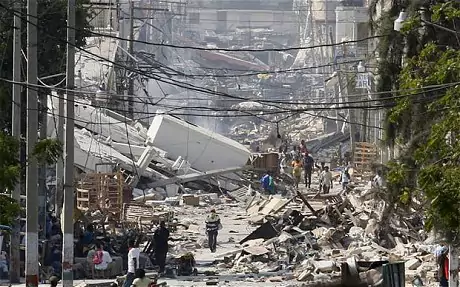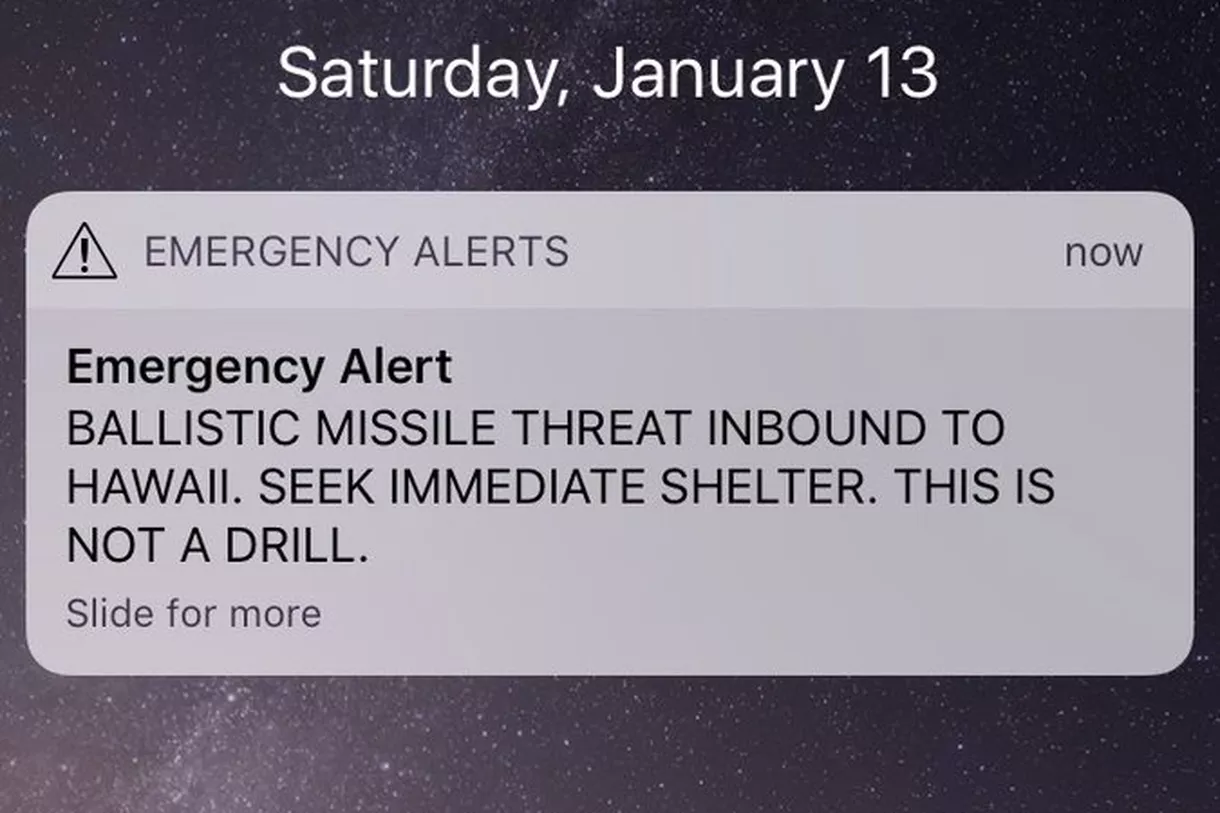Current Events: Shutdown, Ban, Healthcare, Hawaii, South Africa
January 22, 2018

Shuttin’
Starting with fun news: the U.S. government shut down Friday night. It took place as Senate Republicans and Democrats couldn’t agree on a budget that included funding government services that satisfied everyone.
The two services at the heart of the argument are DACA, the program that protects people brought into the country illegally as children from being deported, and CHIP, the program which provides health insurance to millions of kids from low-income families.
So, what will happen now?
Government agencies are letting their staff know they must stay home until Congress agrees on a bill for the federal budget – they will be placed on “furlough”. In previous shutdowns, everyone who stayed home was paid retroactively after an agreement was reached in Washington.
Essential services — such as mail delivery, air traffic control and Social Security payments — will continue. Certain national parks, zoos, and museums may be closed down.
Another short-term funding bill will be voted on Monday.
The last gov shutdown took place in 2013, and 850,000 employees were furloughed per day at its peak.
 Bannin’
Bannin’
On Wednesday, the Department of Homeland Security banned people from Haiti, Belize (Latin America) and Samoa (South Pacific) from getting temporary, low-skilled worker visas. This will end the small-scale employment effort started after the catastrophic 2010 earthquake in the region.
The administration says that one reason for the ban that people from these countries often overstay on their visas.
The ban comes a week after President Trump allegedly questioned why the US would want to take in immigrant from Haiti and African countries. He then referred to these countries with a bad word, probably not appropriate for a school newspaper. Trump has denied using the word.
Protectin’
Thursday, the government said it will set up a new office that protects the “conscience and religious freedom” of health workers. It will include not carrying out procedures like abortions, gender reassignment surgery, or assisted suicide.
The American College of Physicians said the new policy “must not lead to discrimination” against any category of patients.

Lol JK
Last weekend, a ballistic missile alert went out in Hawaii, severely freaking everyone out.
To which the Hawaii’s governor, David Ige, said, “wrong button”.
For the 38 minutes that the US military’s Pacific Command struggled to retract the warning, panicked Hawaiians scrambled to find shelter, expecting soon death.
The agency has changed its procedures after the incident, requiring two employees instead of one to confirm such an alert in the future.
It the employee that pushed the button has been reassigned.
The alert was issued amid international concern over North Korea’s development of ballistic nuclear weapons. The incident could add to the administration’s sense of urgency about the
North Korean nuclear threat, and just maybe result in other bad accidents (ex. nuclear war).

December 12, 2017. People queue where they fill up their water bottles at Muizenberg spring in Cape Town . PICTURE: ESA ALEXANDER/SUNDAY TIMES
No rains down in Africa
Cape Town, South Africa, is now expected to run out of water by April, because of extremely rapid population growth and a three-year drought. It would be the first major city in the world to run out of water.
If the water supply runs out, residents of Cape Town will have to go to water collection sites for a daily ration of 6.6 gallons.
Currently, the city is trying to prevent the crisis by installing desalination plants and looking into groundwater extraction, but it’s unlikely that the efforts will be able to successfully avert the April water shortage, or before the rainy season is due to start again in May.
Still, the new systems would prove useful as dry years are expected to become more frequent with the onset of climate change.

















































